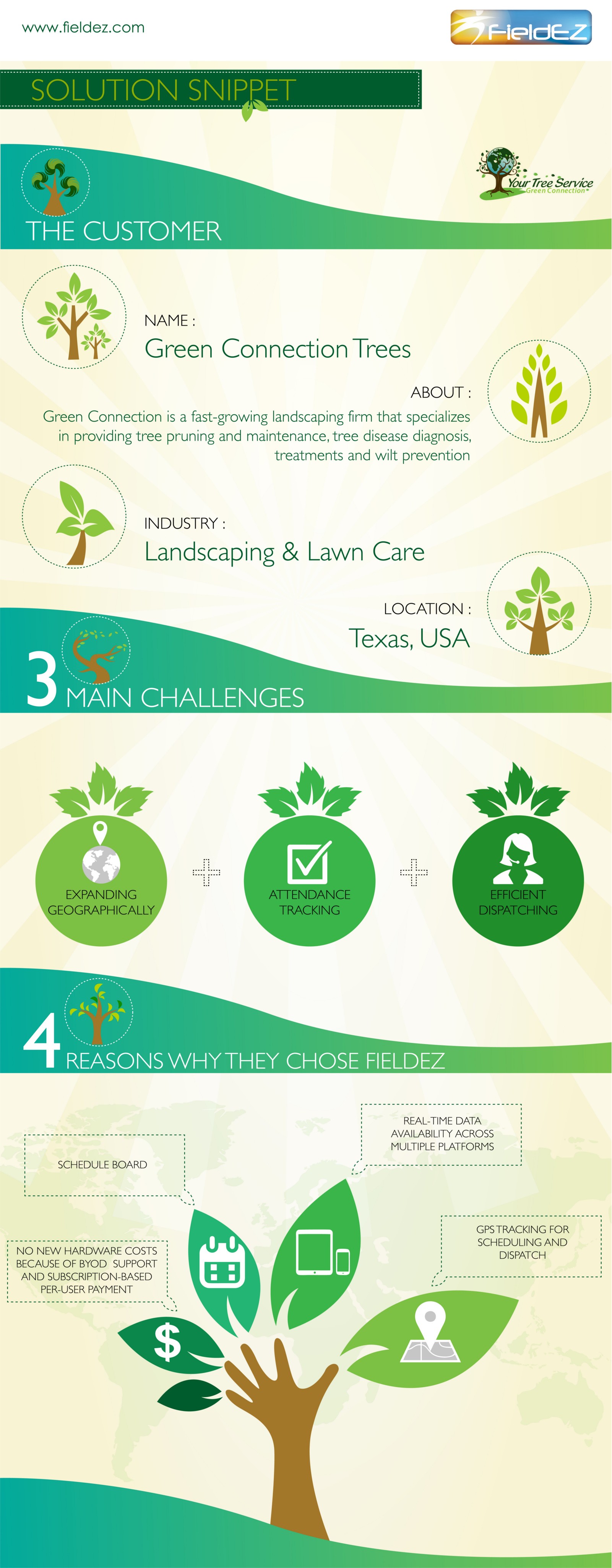SPOILER ALERT!
Breathe Life Right Into Your Yard With Green Landscape Design Methods That Nurture The Setting-- Uncover Exactly How To Produce A Lasting Paradise Today!
Authored By-Maynard Vistisen
When you think about landscape design, take into consideration how your options can affect the atmosphere. By selecting native plants, as an example, you not only improve your garden's appeal however likewise sustain neighborhood wild animals. Carrying out water-saving watering strategies can additionally add to sustainability. Interested concerning just how composting and natural horticulture practices can improve your dirt? Let's discover these green methods that can change your yard into a thriving, well balanced ecosystem.
When you pick native plants for your landscape, you're not just boosting your yard's elegance; you're also promoting biodiversity.
Indigenous plants are adjusted to your regional environment and soil, making them easier to preserve and more resilient. They provide vital habitats and food for neighborhood wild animals, consisting of birds, , and butterflies, promoting a well balanced ecosystem.
By planting native species, you reduce the need for fertilizers and pesticides, lessening your environmental influence. You'll additionally conserve water, as these plants usually call for much less irrigation than non-natives.
Plus, you'll discover a vivid array of shades and appearances that alter with the periods. Welcome the advantages of native plants, and watch your yard change into a flourishing sanctuary for nature.
As you strive to develop a sustainable landscape, applying water-saving watering methods is vital for saving this valuable source.
Start by installing https://www.google.com/maps/place/A+Cut+Above+Landscaping/@35.40862,-80.863594,14z/data=!4m6!3m5!1s0xa379a2759c597b5f:0xf779eddbaca8e873!8m2!3d35.4086201!4d-80.8635943!16s%2Fg%2F11tg76nn1n?hl=en&entry=ttu&g_ep=EgoyMDI1MDEwNi4xIKXMDSoASAFQAw%3D%3D watering systems that supply water straight to plant origins, minimizing evaporation. Think about using soaker hoses for yard beds, enabling moisture to permeate gradually into the dirt.
Timing your watering is vital; morning or late night is optimal to reduce water loss. Additionally, invest in rainfall barrels to accumulate rainwater for watering, giving an all-natural source of water.
Including compost around plants assists maintain wetness in the soil, decreasing the requirement for frequent watering.
By accepting composting and organic horticulture techniques, you can substantially enhance your landscape's wellness and sustainability.
Composting changes kitchen scraps and backyard waste right into nutrient-rich soil, improving your garden's fertility and structure. Start a compost heap or bin, blending environment-friendlies like veggie peels off with browns such as dried out leaves.
Incorporating organic horticulture methods implies preventing artificial fertilizers and pesticides. Rather, make use of all-natural choices, like garden compost tea or neem oil, to nurture plants and control pests.
Select native plants and heirloom ranges that thrive in your local setting, minimizing the requirement for extra water and chemicals.
please click the up coming document
Incorporating environment-friendly landscaping methods not only boosts your yard's beauty but also supports the environment. By picking native plants, making use of effective watering strategies, and embracing composting and organic horticulture, you create a successful community that profits both your plants and local wild animals. These lasting methods assist you conserve resources while promoting biodiversity. So, dive into these techniques and watch your yard grow while making a favorable impact on the planet!

When you think about landscape design, take into consideration how your options can affect the atmosphere. By selecting native plants, as an example, you not only improve your garden's appeal however likewise sustain neighborhood wild animals. Carrying out water-saving watering strategies can additionally add to sustainability. Interested concerning just how composting and natural horticulture practices can improve your dirt? Let's discover these green methods that can change your yard into a thriving, well balanced ecosystem.
Finding Indigenous Plants for Biodiversity
When you pick native plants for your landscape, you're not just boosting your yard's elegance; you're also promoting biodiversity.
Indigenous plants are adjusted to your regional environment and soil, making them easier to preserve and more resilient. They provide vital habitats and food for neighborhood wild animals, consisting of birds, , and butterflies, promoting a well balanced ecosystem.
By planting native species, you reduce the need for fertilizers and pesticides, lessening your environmental influence. You'll additionally conserve water, as these plants usually call for much less irrigation than non-natives.
Plus, you'll discover a vivid array of shades and appearances that alter with the periods. Welcome the advantages of native plants, and watch your yard change into a flourishing sanctuary for nature.
Implementing Water-Saving Irrigation Techniques
As you strive to develop a sustainable landscape, applying water-saving watering methods is vital for saving this valuable source.
Start by installing https://www.google.com/maps/place/A+Cut+Above+Landscaping/@35.40862,-80.863594,14z/data=!4m6!3m5!1s0xa379a2759c597b5f:0xf779eddbaca8e873!8m2!3d35.4086201!4d-80.8635943!16s%2Fg%2F11tg76nn1n?hl=en&entry=ttu&g_ep=EgoyMDI1MDEwNi4xIKXMDSoASAFQAw%3D%3D watering systems that supply water straight to plant origins, minimizing evaporation. Think about using soaker hoses for yard beds, enabling moisture to permeate gradually into the dirt.
Timing your watering is vital; morning or late night is optimal to reduce water loss. Additionally, invest in rainfall barrels to accumulate rainwater for watering, giving an all-natural source of water.
Including compost around plants assists maintain wetness in the soil, decreasing the requirement for frequent watering.
Composting and Organic Horticulture Practices
By accepting composting and organic horticulture techniques, you can substantially enhance your landscape's wellness and sustainability.
Composting changes kitchen scraps and backyard waste right into nutrient-rich soil, improving your garden's fertility and structure. Start a compost heap or bin, blending environment-friendlies like veggie peels off with browns such as dried out leaves.
Incorporating organic horticulture methods implies preventing artificial fertilizers and pesticides. Rather, make use of all-natural choices, like garden compost tea or neem oil, to nurture plants and control pests.
Select native plants and heirloom ranges that thrive in your local setting, minimizing the requirement for extra water and chemicals.
please click the up coming document
Incorporating environment-friendly landscaping methods not only boosts your yard's beauty but also supports the environment. By picking native plants, making use of effective watering strategies, and embracing composting and organic horticulture, you create a successful community that profits both your plants and local wild animals. These lasting methods assist you conserve resources while promoting biodiversity. So, dive into these techniques and watch your yard grow while making a favorable impact on the planet!

